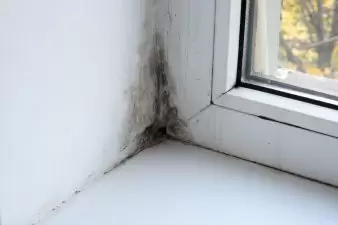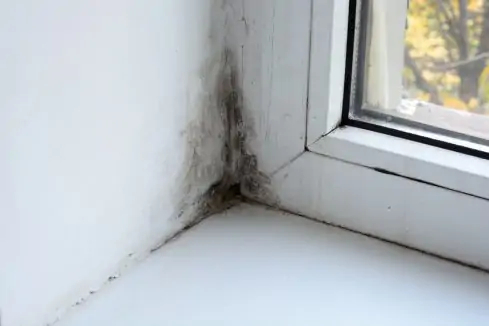 Buying a home is an exceptionally exciting experience. Of course, when you’re budget house hunting, you have to be extra careful to find a house that fits more than your financial needs. Usually accompanying a major life change or shift toward maturity and independence, finding the perfect place to spend the rest of your days can seem daunting but is nonetheless rife with possibilities. Your home determines how happy, comfortable, and safe you feel, so every detail of the home-buying process should be gone over with a fine tooth comb.
Buying a home is an exceptionally exciting experience. Of course, when you’re budget house hunting, you have to be extra careful to find a house that fits more than your financial needs. Usually accompanying a major life change or shift toward maturity and independence, finding the perfect place to spend the rest of your days can seem daunting but is nonetheless rife with possibilities. Your home determines how happy, comfortable, and safe you feel, so every detail of the home-buying process should be gone over with a fine tooth comb.
While most purchase agreements include inspection contingencies that require a professional to examine the home to ensure it is safe to live in, it’s always smart to know what to look out for. That’s esepcially true when budget house hunting, as your options may be limited to older homes.
Ask your realtor these four questions during your tour to determine if this house is the right one for you.
How’s the insulation?
More notably, you want to figure out how old the windows are. Windows over 15 years old can cause headaches for new homeowners in the form of extremely high energy bills and constant draftiness: by guaranteeing your windows are double-paned and up-to-code, you won’t have to worry about extreme heating and cooling costs as the seasons change. Additionally, ask about the attic; large amounts of heat are lost through improperly insulated attic spaces, so you’ll want to check and make sure everything is hunky-dory up there (even if you only plan on using it for storage).
How is the sewage handled?
It’s not the most fun of conversations, but it needs to be had. If you’re living in a more isolated area or neighborhood, you may be a part of the 25% of U.S. households that use a septic system rather than a city or town’s sewer system. The difference may not seem important, but it greatly determines the amount of maintenance — and fees — involved. Septic systems are usually completely under the responsibility of the property owner: if something goes wrong, it is your job to contact and pay for the professionals to come and fix the problem. Proper routine maintenance that you perform yourself is the best way to avoid that situation, but you won’t know what to do if you aren’t even aware that you have a septic tank in the first place.
What local industries are nearby?
Water contamination is becoming a major problem in this country. From massive leaks like Flint to the little ones that are occurring everywhere but aren’t as talked about, America’s bustling industrial businesses tend to put more back into the environment than they’ve taken out, and not in a good way. An unsettling statistic states that around 70% of industrial wastes are dumped into bodies of water that then pollute the local water supply. Industrial plants and factories — even smaller businesses like dry cleaners — can severely impact the quality of your drinking water, so being aware of their existence and proximity may help you decide to install a water filter (or simply skip the house altogether).
What materials are used in the “unfinished” spaces?
Finished basements and garages are a luxury (and usually cost as much), but unfinished spaces may be less hospitable than you may think. If you consider yourself handy and spend a lot of time in the garage, you’ll want to ensure that those bare concrete floors are as healthy as they are durable: polyaspartic coatings greatly increase the PSI your floor can handle, and don’t negatively impact air quality — a twofer! With so many products being linked to cancer and physical disabilities, the age-old adage has never been truer: better safe than sorry.
The secret to a successful home-buying experience lies in knowing the right questions to ask. When you’re equipped with the right information surrounding home inspections and personal health, you’ll be able to rest easy on your first night in that brand new home.

